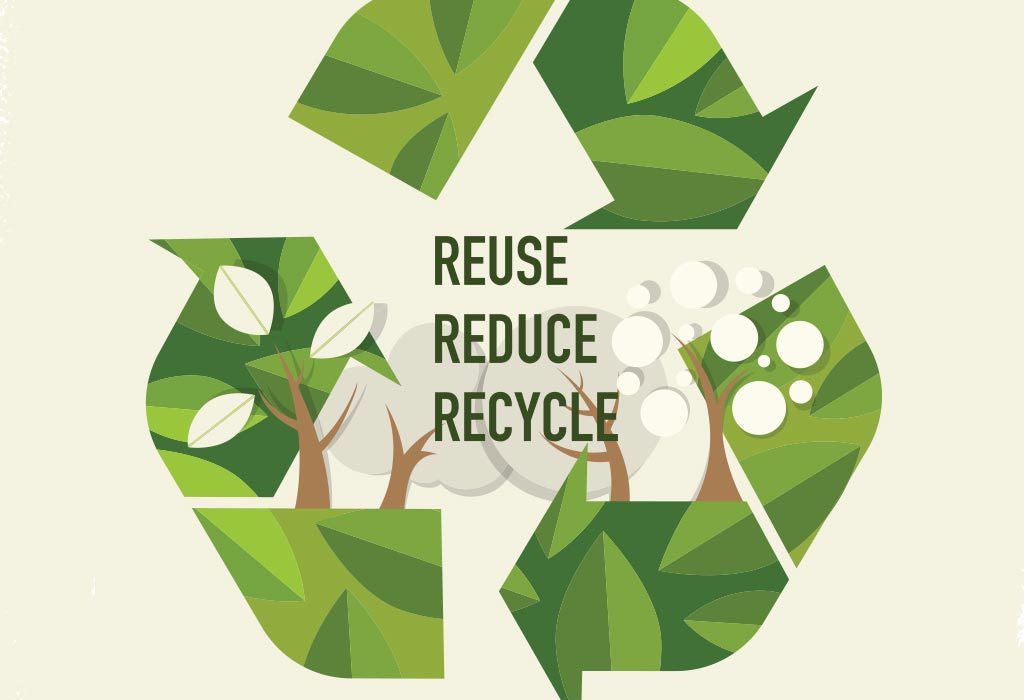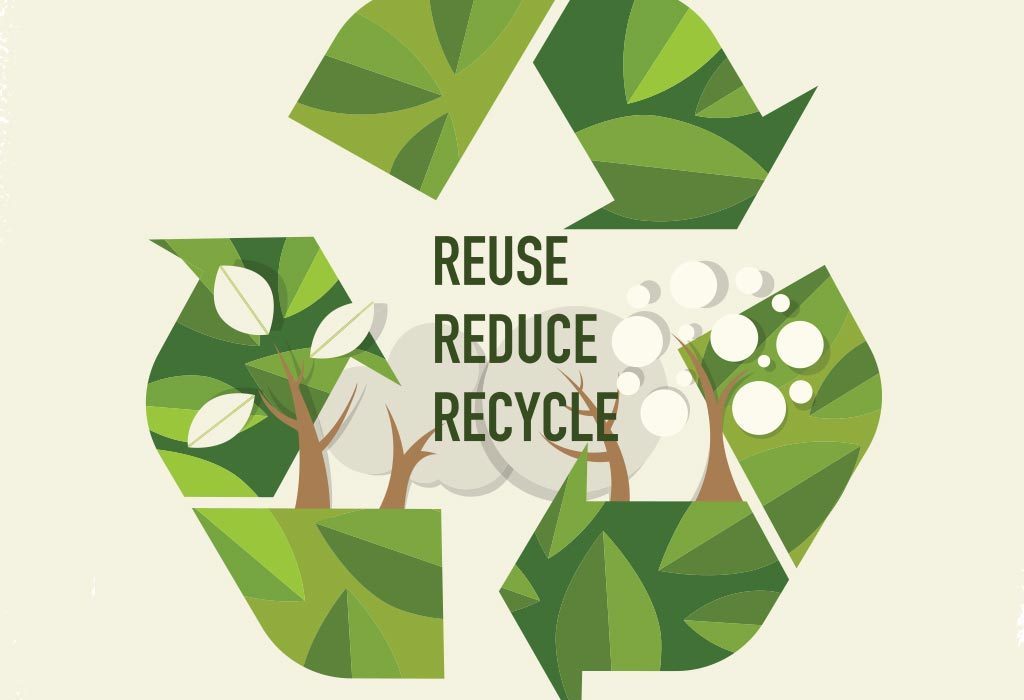Help Your City and Recycle!

Help Your City and Recycle!
Did you know? Every town and city has different recycling programs. Here in Philadelphia, recycling products that are properly sorted and cleaned is important as it saves the City time and money spent to go through it. The best recycling practices are done based on organizing and cleaning each recyclables according to their materials.
1. PLASTIC: *Emptied and Rinsed, lids & caps ok
· Food containers,
· All Bottles & Jars
· Detergent & Shampoo Bottles
· Pump & Spray Bottles
Much of recycling is still sorted by humans, so those jugs of rotten milk are going to smell pretty miserable if you don’t rinse them out. If that gross milk becomes solid, it may be too much trouble to clean once it reaches the recycling plant, causing it to be thrown in with the regular garbage.
2. PAPER/CARTON/CARDBOARD: *Remove from plastic sleeves/bags and rinsed (for cartons)
· Newspapers, Magazines, Brochures, Junk Mail, and Envelopes
· Scrap Paper, Paper Bags, Paperback Books
· Milk , Juice, Wine and Soups Containers
· Corrugated Cardboard Boxes, Clean Pizza Boxes
· Paper Towel Rolls, Egg Cartons, Dry Food & Shipping Boxes

Be sure to empty out that greasy old pizza box. This is because a little bit of pizza grease will dilute in the recycling process, but you shouldn’t leave any melted cheese or pizza crust in there. If enough waste like that remains in there, when it makes it to the recycling plant to be sorted, it’ll just be tossed into the garbage, otherwise it would contaminate an entire bail of paper.
3. METALS: *Emptied and rinsed, lids & caps ok
· Aluminum, Steel & Tin Cans
· Empty Paint & Aerosol Cans
· Aluminum Baking Dishes, and Clean Aluminum Foil
Leaving liquids could contaminate other recyclables, like paper, and attract rodents to the recycling plant. This creates a whole new set of problems, the worst of which, is dealing with all of those drunk rats. At the same time, if you leave a half of a can of refried beans in the can, though, the contamination issue is still going to be there, as is the increased cost of cleaning it.
4. GLASS: *Emptied and rinsed, lids & caps ok
· All Bottles & Jars
Rinsing out your glass is really important. The dirtier you leave a glass, the more it has to be cleaned and every step of that — from the sorting to the cleaning to the re-cleaning — costs money.